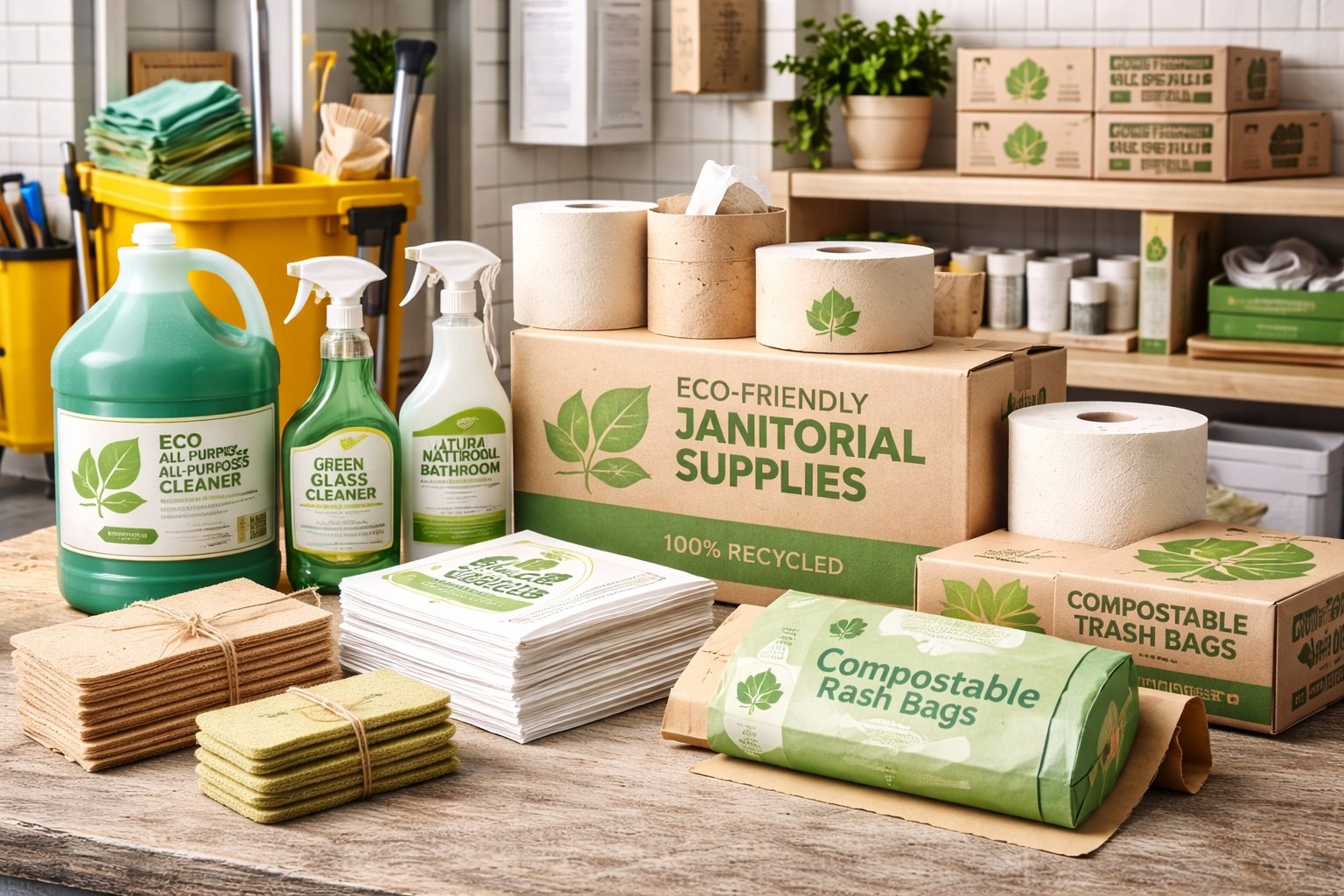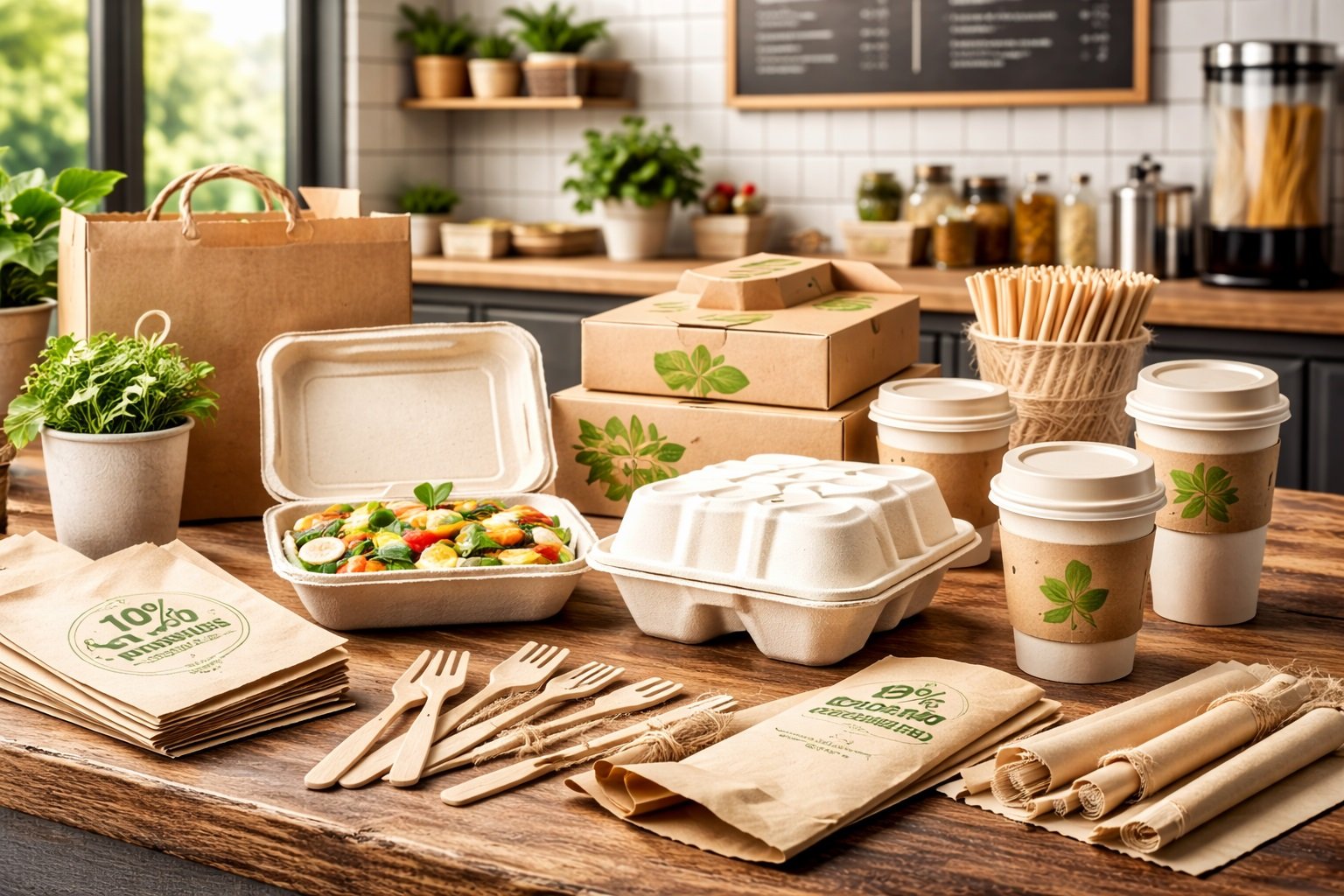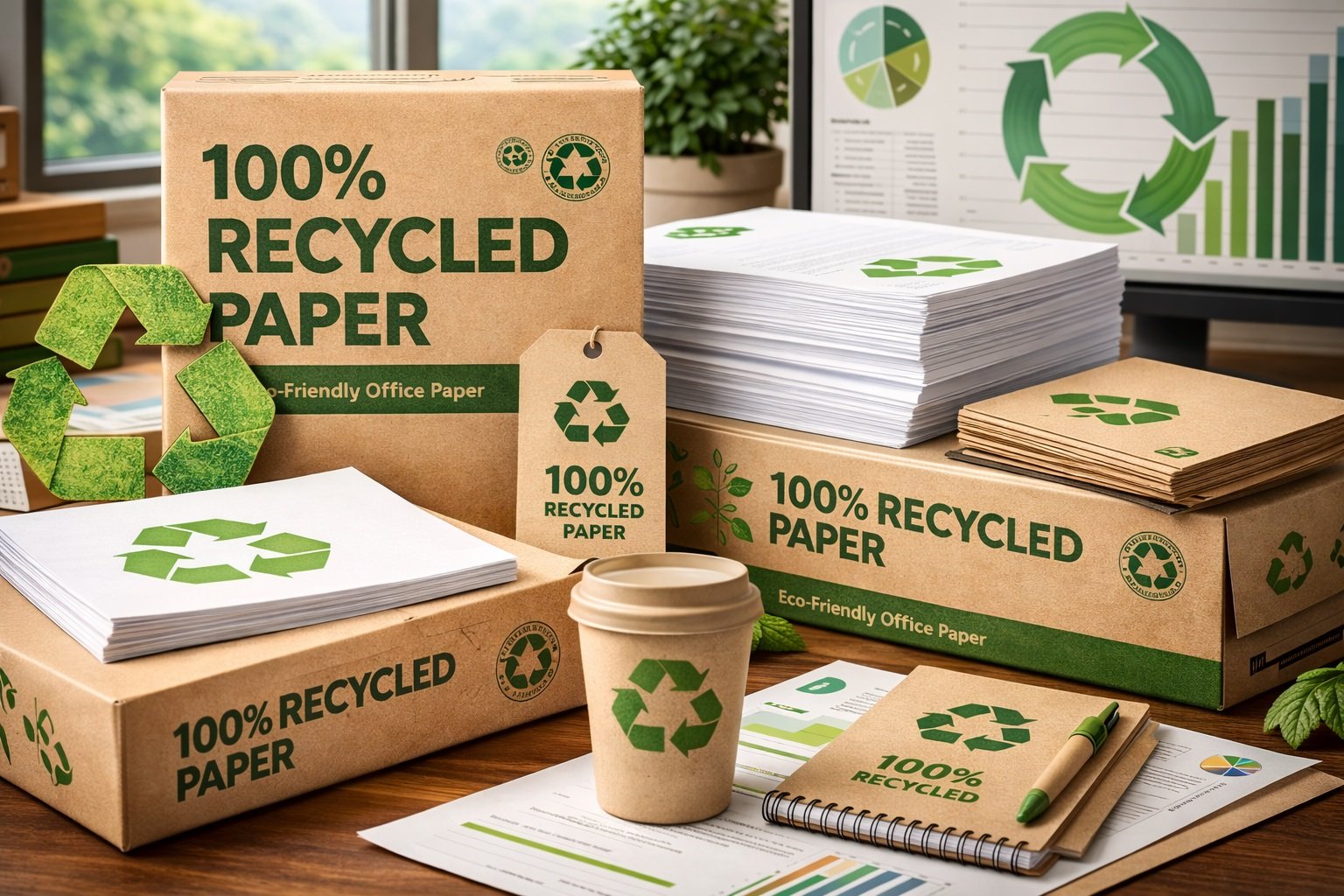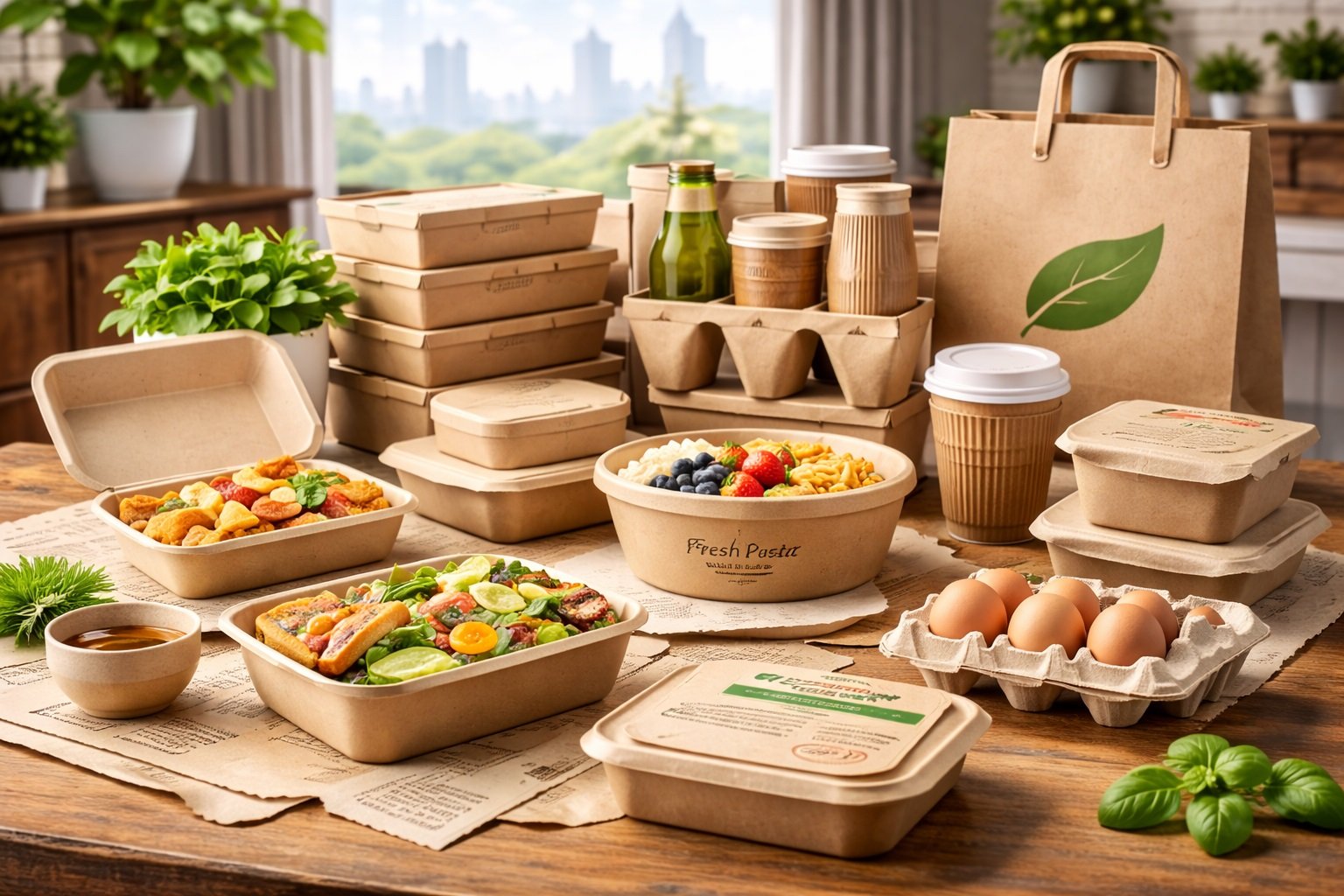Businesses, educational institutions, hospitals, dining, and industrial facilities depend heavily on janitorial and cleaning supplies.
However, the use of such supplies has been leaving an ecological footprint. To mitigate such negative influences, the facilities have partnered with paper mill Philadelphia to incorporate paper-based sanitation and hygiene alternatives.
Such innovations include everything that the modern community (staff and customers) needs, from paper towels, tissues, toilet paper, napkins, wipers, and much more.
Furthermore, this wide spectrum of cleaning and janitorial supplies is available for purchase in bulk. That also without any compromise in the quality, cost-effectiveness, and the eco-impact.
Without further ado, let’s look at why the two essential tools for everyday maintenance form the backbone of current health standards.
What are Paper-Based Janitorial Supplies?
Paper-based janitorial supplies support and maintain the cleanliness of large areas within a facility. They are the result of the maintenance process that fulfills the hygienic and personal needs of customers, employees, and visitors. The suppliers buy these supplies in bulk quantities and proactively restock them to reduce labor time.
What are Paper Cleaning Supplies?
Cleaning supplies from the paper mill Philadelphia are the tools the maintenance or sanitation staff of a facility uses during wipe-up or cleanup operations. They are a subcategory, and the products are utilized solely for the active process of hygiene and upkeep.
In What Forms are the Supplies Available?
Both supplies are intended for sanitation and maintenance. Janitorial supplies, with their broader scope, serve both staff and visitors with light sanitation requirements.
However, the restocking of janitorial supplies is the responsibility of the staff. While cleaning supplies are directly involved in heavy tasks of housekeeping and disinfecting. Hence, we cannot categorize them individually as their application remains interchangeable.
Supplies Meant for Staff
Restroom Hygiene
- 2-ply and 3-ply standard toilet tissue rolls
- Long-lasting jumbo tissue rolls
- Coreless toilet rolls
- Recycled toilet paper
- Toilet seat covers
Hand Towels
- Multifold
- Continuous rolls for manual dispensers
- Center-pull
- High-capacity or large rolls for busy environments
Industrial Towels
- Disposable paper wipers for spills
- Heavy-duty shop towels for oil and grease
- Moisture-absorbent towels that retain their durability when wet
Food or Hospitality Materials
- Tray liners and placemats
- Paper towels for quick cleanups
Specialty Applications
- Low-lint wipers for labs and electronic facilities
- Bed or exam table paper for covering surfaces in healthcare
Packaging Items
- Core and wrapping materials for organizing and bundling supplies
- Eco-friendly bags for waste disposal and recycling
- Protective wraps for handling cleaning tools and consumables
Supplies for End-Users
- Boxed or pocket facial tissues
- Dispenser, dining, and beverage napkins
- Toilet paper and paper towels in restrooms
- Liners, trash bags, kraft paper
- Specialty hygiene papers, such as embossing and lotion-treated tissues
What are the Supplies Composed of?
The janitorial supplies and cleaning supplies are primarily made up of:
Virgin Softwood Pulp
The long fibers of softwood pulp make the product stronger, thicker, and harder to tear. Their strength and bulkiness make them the ideal fit for multi-layer towels and heavy-duty wipers.
Virgin Hardwood Pulp
The hardwood pulp with its short fibers contributes to a softer texture, smoother surface, and improved printability. They commonly apply it in delicate hygiene items such as toilet and facial paper products.
Recycled Fiber
Manufacturers convert the post-consumer and post-industrial wastes into hand towels, lower-grade tissue, and other public-use products. Recycled fibers in everyday supplies aim to reduce expenses and support sustainability.
Non-wood Fiber
Similar to recycled fiber, non-wood fiber alternatives promote greener initiatives and regional sourcing to minimize the ecological footprint. The pulp is derived from plant-based origins, including sugarcane residue, bamboo, straw, and hemp. Such supplies deliver satisfactory absorbency and strength.
How are Paper Mills Mitigating the Environmental Impacts?
The ultimate goal of paper mill Philadelphia is to produce supplies whose application can minimize the environmental impact as much as possible. The common and effective approaches practiced include:
Protecting the Forests
The paper mills Philadelphia employs certified sources and materials to address the risk of deforestation. Furthermore, they incorporate recycled and plant-based fiber contents to manufacture supplies that can decompose naturally.
Water Usage and Effluent Management
Sewage and wastewater release oxygen pollutants and cause damage to aquatic life. As a result, the modern mills are implementing closed-loop water systems, biological treatment plants, and advanced filtration technologies to treat water and pollution indicators.
Controlling Air Emissions
Kraft pulping emits particulates and sulfur compounds into the atmosphere, and scrubbers and recovery boilers control them. Many of the paper mills Philadelphia combust black liquor and use it as a fuel to boost overall energy efficiency.
Responsible Use of Energy
Cogeneration systems, biomass boilers, and integration of renewable electricity decrease the reliance on fossil fuels.
Repurposing Solid Wastes
The treatment and repurposing of the sludge or residue from wastewater generate energy or enhance the soil with fertilizer.
A Reliable Local Paper Mill Philadelphia
From durable gloves to trusted cleaning supplies, you can depend on American Eagle Paper Company for all your needs. Our top-notch janitorial supplies are designed to keep your spaces spotless, safe, and hygienic.






